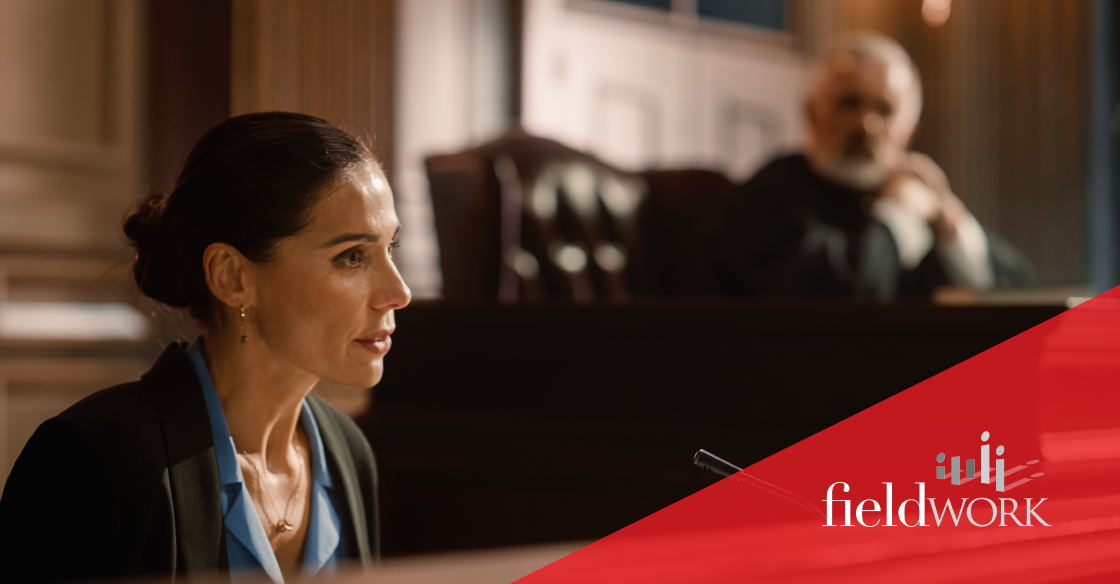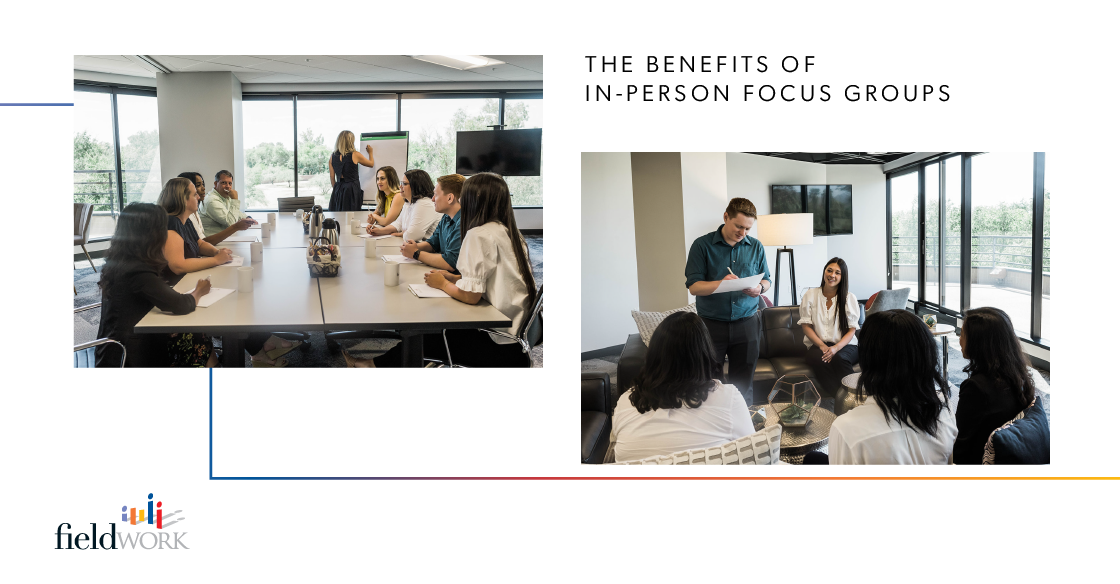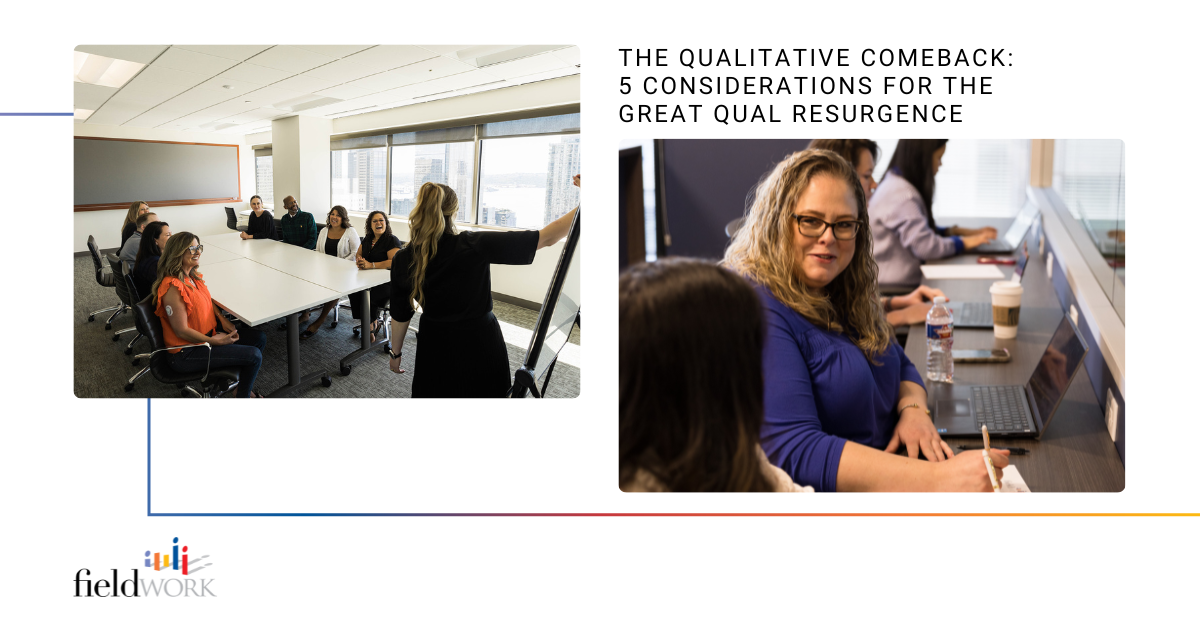At verdict time, the most compelling story wins. But how do you ensure your trial narrative will convince 12 jurors? Without feedback and analysis prior to trial, being confident is a challenge.
Attorneys and litigation researchers alike are seeking answers to questions like:
- What details need to be emphasized?
- What needs to be repeated in closing arguments?
- How will my star witness be perceived?
- What will resonate with jurors?
- Are there holes in the narrative that will confuse jurors?
- What emotion does my story evoke?
- What red flags should I be aware of in jury selection?
- How can the facts of the case be detailed but not overwhelming?
- How confident am I in the trial outcome?
Guesswork aside, the only secure way to assess these critical questions is to garner feedback from real people in a mock jury or mock mediation scenario.
"Whenever possible, the trial should not be your test run."
– Jessica Brylo, JD, MA, Trial Dynamics
Here Mock Juries Deliver Powerful Insight
As legal experts know, the trial theory is the story outline for the case. And every good story goes beyond simply explaining who did what to whom, what led up to that action, and what provoked the act. A dry statement of the events is not enough to win an argument. For your client to win, you need to make an impact with a clearly communicated moral imperative to drive jurors to your client's side. And to know how the particular facts of your case will have the desired effect on jurors, case strategy must be tested. Mock jurors provide feedback on every aspect of the case giving legal teams a clear list of issues to resolve before settlement negotiations or trial preparations begin.
Legal experts also know that a verdict search for exposure and settlement pay-out from the past is not always a good indication of what a different set of jurors will do. While some attorneys rely on low-priced, early case assessment through online verdict research or quantitative surveys, face-to-face reactions from mock juries offer a different set of benefits. Mock jurors can provide insight about the potential monetary award and details about how their perceptions of different arguments and presentation of facts affected their decision.
“Each attorney assembles that puzzle for the jury, but each jury reassembles it in their own way. There is not really any good way to tell how jurors will assemble that puzzle other than to put all the pieces before them and see what they do.”
– Sarah Murray, MA, President & Senior Consultant, Trialcraft
In-person or online mock trials give litigation consultants and their clients the chance to read jurors' faces and discover limitations in witness testimony. The environment created in research venues for mock juries allows the case to unfold similarly to what would occur in an actual courtroom. While there is a multitude of data to demonstrate that mock juries and jury focus groups advance legal tactics and result in a more advantageous verdict, there are 3 significant reasons to use qualitative data for your next case:
1. research improves case content and fact prioritization
A mock jury that mirrors a real courtroom experience provides valuable insights on which content to present at trial. Lawyers can elicit criticism from mock juries through debriefs and questionnaires after delivering testimony and evidence. The legal team gets clarity about which parts of the argument stood out to the sample jury and most contributed to their final decisions. If research participants don’t comprehend expert witness testimony or evidence, legal teams can simplify or boost graphics and exhibits to communicate better. Consultants can harvest beneficial insights from the mock jury panel about what aspects worked and what details may muddy the water.
"Mock juries reveal which pieces of information are important and which are irrelevant to jurors. Often, jurors dismiss what attorneys see as the most central facts."
– Jessica Brylo, JD, MA, Trial Dynamics
Too many facts can overwhelm jurors. An effective use of qualitative research for a trial is the testing of how key elements of the trial are organized. While the facts remain the same, the level of detail or even order of presentation can make a difference in a positive outcome. With mock jury setups and flexible room space, legal teams can evenly divide participants into two groups to A/B test closing statements to evaluate effectiveness.
2. Research enhances trial performance
Every trial includes an investment in witness preparation. Many cases are won or lost based on witness performance. In mock trials, consultants can see facial responses to witness statements in real-time and follow up later with pointed questions about witnesses' mannerisms or wording. This feedback can be incorporated into a plan to make each testimony the most credible and powerful it can be.
"Every trial is a story contest. To successfully try your case, whether prosecuting or defending, you need to test your trial narrative to find the holes and figure out how to fix them."
– Sarah Murray, MA, President & Senior Consultant, Trialcraft
Just as the witness prepares, the lawyer must also know that the story they tell is dynamic and will be well-received. The very basics of testing a storyline includes asking people if the narrative makes sense to them. The best storytellers rehearse by watching their audience – noting when members sit forward, express concern, or even fold their arms in disgust. Much like storytellers polish their stories through rehearsal, lawyers practice mock trials to explore if their argument is plausible or holds the right emotional appeal, but only doing that in front of actual humans can give you the feedback needed to identify which parts of the story need additional work.
Whether evaluating a witness or the lawyer, mock trials provide insights about what verbiage moved the jurors. Consultants can probe to discover what they found most sympathetic or what specific words or phrases convinced them a story or a witness were believable. Observation through a two-way mirror where their presence is not interfering with the proceedings can provide a great way to see mock jurors’ physical reactions to what is being said and how it is being received.
3. research defines which questions to ask during voir dire
According to the American Bar Association, "an impartial jury is critical to the legitimacy of our system of justice." To have an impartial jury, prosecuting and defending lawyers must recognize and deselect bad jurors. Legal teams should not rely on instinct or demographics because both have been proven faulty. Instead, Voir Dire questions can be judged based on feedback gained in mock jury scenarios. The participants can complete full questionnaires about their stated values, life experiences and more. Once the outcome of the mock jury is known, counsel can evaluate how particular Voir Dire questions might help them identify or eliminate actual jurors for the case through strategic, and informed questions.
Qualitative data gives the legal team guidance on the merits of their case and valuable information about what works, what does not and what needs to be fine-tuned. At Fieldwork, we provide you with a sizable participant network, to swiftly and precisely tailor the participant make-up to most accurately reflect the actual jury pool. We coordinate respondent recruitment, including attendance, communication and payment. With well-appointed locations across the US, we provide multiple room configurations, and onsite professional management so that all operations, IT, and client comfort matters run smoothly. Beyond our facilities, our Fieldwork Anywhere team can meet you in any town, big or small and provide the same stellar setup and service. As we always say, “Focus on the research. We’ll do the rest.” As a principal consultant, you’re free to focus on getting helpful feedback for the next win.
Learn more about our mock jury capabilities.





